Radiology
Diagnose the cause of your symptoms
Monitor how well your body is responding to a treatment you are receiving for your disease or condition
Screen for different illnesses, such as breast cancer, colon cancer, or heart disease
Computed tomography (CT), also known as a computerized axial tomography (CAT) scan, including CT angiography
Fluoroscopy, including upper GI and barium enema
Magnetic resonance imaging (MRI) and magnetic resonance angiography (MRA)
Interventional radiologists are doctors that use imaging such as CT, ultrasound, MRI, and fluoroscopy to help guide procedures. The imaging is helpful to the doctor when inserting catheters, wires, and other small instruments and tools into your body. This typically allows for smaller incisions (cuts).
Doctors can use this technology to detect or treat conditions in almost any part of the body instead of directly looking inside of your body through a scope (camera) or with open surgery.
Interventional radiologists often are involved in treating cancers or tumors, blockages in the arteries and veins, fibroids in the uterus, back pain, liver problems, and kidney problems.
The doctor will make no incision or only a very small one. You rarely need to stay in the hospital after the procedure. Most people need only moderate sedation (medicines to help you relax).































